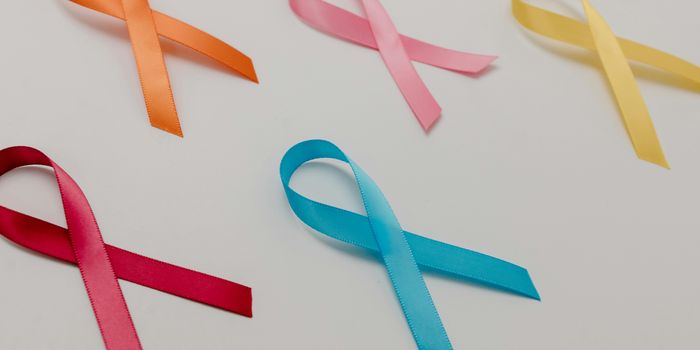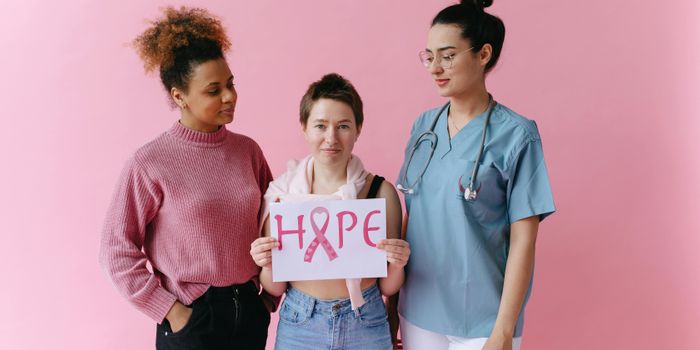COVID-19 Boosters Benefit Cancer Survivors, But Uptake Remains Low
While we have returned to many aspects of pre-pandemic life, the coronavirus has not completely disappeared. Notably, cancer survivors remain at a higher-than-normal risk of experiencing severe COVID-19 infection. Unfortunately, infection can interfere with therapeutic administration for cancer patients undergoing active treatment. Thus, while the general public may not have COVID-19 on their mind at all times, many cancer survivors remain mindful of potential complications.
To assess the efficacy of the COVID-19 vaccine and determine the optimal number of boosters needed to achieve the benefits of the monovalent COVID-19 vaccine, a team of researchers conducted a retrospective study across four major healthcare systems. The researchers recently published the results of their study in JAMA Oncology.
The researchers collected data from 72,831 cancer survivors receiving chemotherapy or immunotherapy during the monovalent vaccine period. The patient population receiving monovalent COVID-19 vaccines included 24.6% female participants, and 69% of the patients had received a COVID-19 booster before January 1, 2022. Overall, the data provided for over 34,000 person-years of follow-up. COVID-19-related hospitalizations were lower among those who received a booster than those who only received an initial vaccine dose (30.5 versus 41.9 per 1000 person-years). The vaccine efficacy of this period was 29.2% and 166 vaccinations prevented one COVID-19 hospitalization.
The researchers observed similar results in the bivalent COVID-19 period (September 1, 2022, through August 31, 2023) during which data from 88,417 cancer patients (27.8% female) were evaluated. The data from this group covered over 81,000 person-years of follow-up, but only 38% of patients received a COVID-19 booster. COVID-19 hospitalization rates appeared lower in those receiving a booster compared to those who did not receive a bivalent vaccine (13.4 versus 21.7 per 1,000 person-years). Vaccine efficacy for those receiving a booster was 29.9% and, in this case, 451 vaccinations were needed to prevent one COVID-19 hospitalization.
The data clearly shows that cancer survivors receiving a COVID-19 booster receive strong protection against severe COVID-19 infections, particularly those resulting in hospitalization. The study also identifies a significant clinical challenge in that booster uptake remains low among this vulnerable population. Thus, the study provides a rationale to increase vaccination efforts among cancer patients, particularly those undergoing treatment.
Sources: JAMA Oncol









